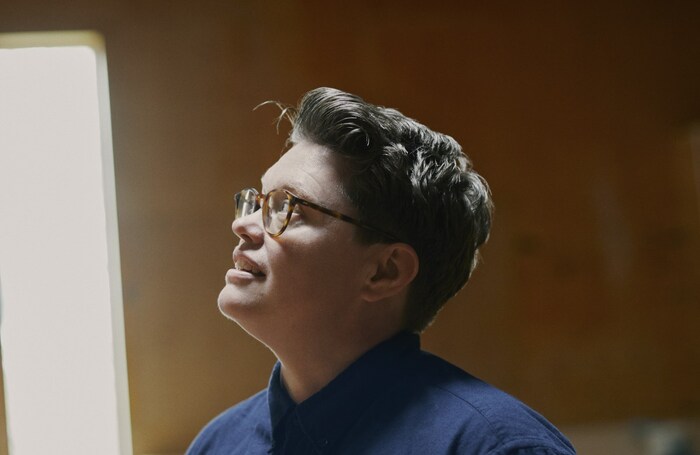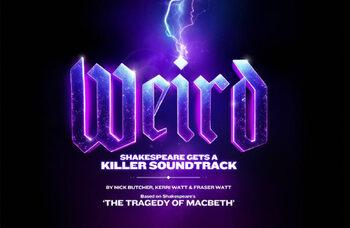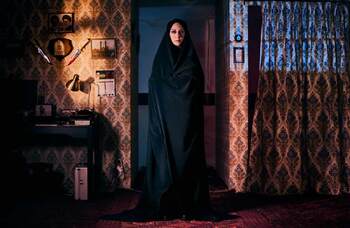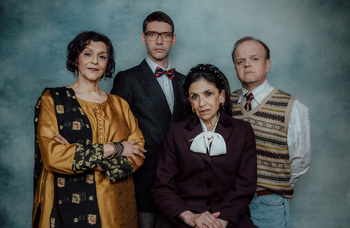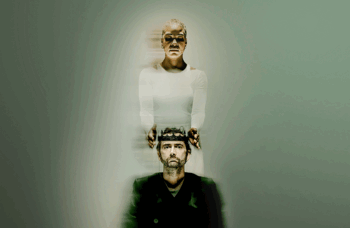RSC digital boss: Creating a video game opens up our work to the world
The Royal Shakespeare Company’s director of digital development, Sarah Ellis, has claimed the organisation’s foray into making a video game will ensure that it becomes an “outward-looking part of a global community”.
Ellis, who has worked at the RSC for about 15 years, said the company was “curious” about expanding its storytelling horizons, particularly at a moment of rapid technological change.
Speaking to The Stage about her role, which is helping interrogate the future of live performance in an age of artificial intelligence and virtual reality, Ellis said: “Most artists now identify as polymaths. They’re navigating multiple forms where they can get their work distributed and the like.
“We’re looking at it from a similar lens and making sure that we don’t become this building that sits here and expects people to come [to us]. We’re in the world and we’re part of a global community.”
Ellis discussed the RSC’s debut into video game creation, a collaboration with New York-based studio iNK Stories, which will produce the Macbeth-inspired venture, Lili.
“We keep an openness to what’s possible. Through all the different ways of making, we are curious – we could make a game, we could make a graphic novel [or] we could make a play,” Ellis said.
Continues...
Alongside its journey into the world of video games, the RSC recently received funding from the UKRI Arts and Humanities Research Council to support research into the future and survival of creative practice.
In addition, it is to share in a government pot of £6.75 million, led by Birmingham City University, to investigate new ways of using cutting-edge technology in live performance.
Ellis said the arts were “essential for the next phase of what’s to come in this industrial revolution”.
Commenting on the growth of artificial intelligence, she discussed how the technology can manipulate and distort images, as well as text and video, suggesting the arts had a crucial part to play in our grasp on reality.
Ellis said: “The arts, I think, will play a really important part in that aspect of it because, effectively, we are the truth finders and we also share with [an audience] the discomfort that there are multiple truths and that everyone has had the same experience but their [responses] are all different.”
AI’s data-mining, which has concerned artists including composer Andrew Lloyd Webber, is a live issue, with objections raised regarding the government’s stance on copyright when it comes to the material the technology trains on.
Ellis said the RSC’s recent focus on bringing technology and the arts into conversations meant the company and organisations like it could help push the dial on AI’s implementation.
“It is absolutely right that we have a responsibility to speak to government and to have a line into government [on AI],” Ellis said.
Production News
Recommended for you
Production News
Recommended for you
Most Read
Across The Stage this weekYour subscription helps ensure our journalism can continue
Invest in The Stage today with a subscription starting at just £7.99
